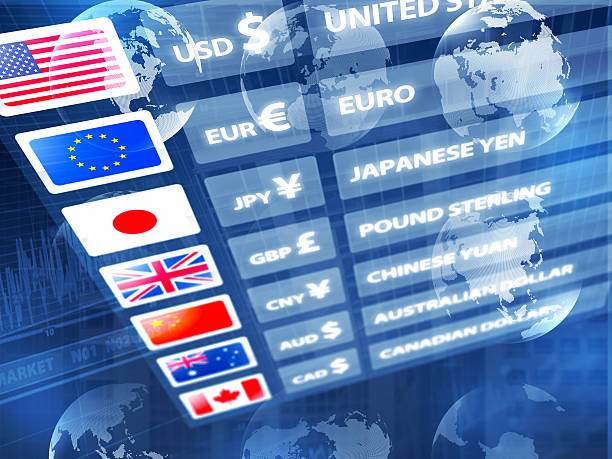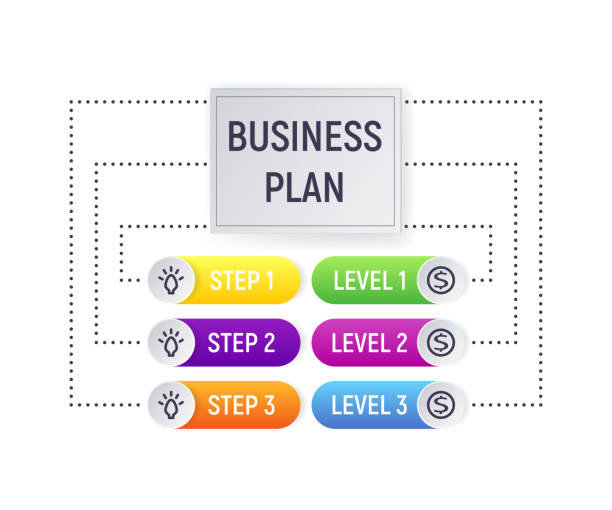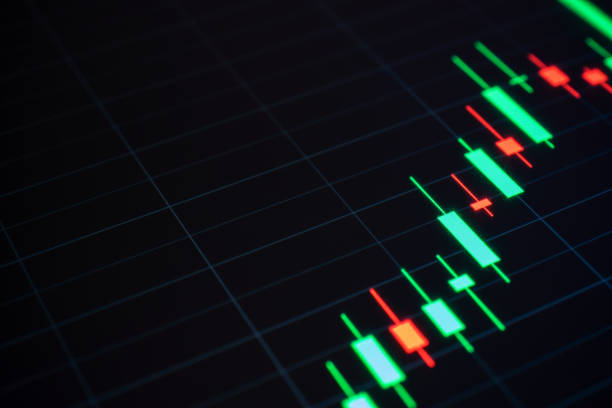What is Forex Trading? What is Forex Trading?
Forex (FX), a portmanteau, comprises foreign [currency] exchange. Foreign exchange involves changing one currency for a different one for various reasons. This is usually done for trade, commerce, or tourism. The Bank for International Settlements, a global bank for central banks, reported in its 2022 triennial review that the global daily volume of forex trading had reached $7.5 trillion by 2022.
What is the Forex Market?
On the foreign exchange market, currencies are traded. The most distinctive feature of this international market is the need for a central marketplace. Currency trading is done electronically at the counter. The market is open five and a quarter days a year, 24 hours daily. The major financial centers of Frankfurt, Hong Kong, London, New York, Paris, Singapore, Sydney, Tokyo, and Zurich — across almost all time zones — are where currencies are traded. The forex market starts in Tokyo and Hong Kong at the end of the U.S. trading session. The forex market is highly active, and price quotes are constantly changing.
What is the Forex market?
FX is the only market that offers nonstop and continuous trading. The forex market used to be dominated by large banks and institutional firms who acted for their clients. In recent years, the forex market has become more retail-oriented. Traders and investors from all backgrounds participate.
Where is it?
The fact that no actual buildings are used as trading venues is an exciting feature of the world forex markets. It is instead a network of trading terminals connected by computer networks. Participants include institutions, investment bankers, commercial banks, and retail investors around the globe.
Who trades on it?
Individual investors found it difficult to trade currency before the Internet. The majority of currency traders are large multinational corporations or hedge funds.
Commercial banks still do most forex trading on behalf of clients. Opportunities are available to professional and individual traders who wish to trade currencies.
Types of markets
Forex is primarily traded on the spot, futures, and forward markets. The spot market is the largest because it is based on the “underlying asset” used to establish forwards and futures. The spot market is usually what people mean when they talk about Forex.
Forwards and futures are more popular among companies or financial institutions that want to hedge their foreign currency risks to a future date.
Spot Market
The Spot Market trades currencies based on the current trading price. This price is determined by demand and supply and is calculated using several factors, such as:
- Current Interest Rates
- Economic performance
- Geopolitical Sentiments
- Price speculation
A spot deal is the name of a finalized spot deal. A bilateral transaction is when a party gives a particular currency to the counterparty at an agreed exchange rate and receives the same amount in another currency. Once a position has been closed, the cash settlement is made.
The spot market settles in two days, even though it is known for dealing with present-day transactions (rather than future ones).
Forwards and Futures Markets
A forward agreement is an OTC market private contract between two parties to purchase a currency in the future at a fixed price and date. The forwards market is a secret agreement between two parties to buy and sell currency at a future date for a predetermined fee.
A contract between two parties is a standard agreement to deliver a currency in the future at a fixed price. Futures are traded on exchanges, not OTC. Futures are traded on businesses based on a standard contract size and a settlement date.
Futures contracts contain specific details such as the number of units traded, delivery and settlement dates, and minimum price increments, which cannot be modified. The exchange provides clearing and settlement services to the trader as a counterparty.
These contracts are binding and can be purchased and sold before expiration. These markets offer protection from risks in currency trading.
In addition to futures and forwards, options contracts are traded for specific currency pairs. The holders of forex options have the right but not the duty to sell in the currency at a later date.
Forex Markets: How to Use Them
Currency as an asset class has two distinct characteristics.
- Earn the difference in interest rates between currencies.
- Profit from the changes in exchange rates.
You can profit from the difference in interest rates between two economies by shorting the currency with the lower interest rate and buying the money with the higher rate. Before the 2008 financial crash, shorting the Japanese dollar and buying the British pound was expected because of the significant interest rate difference. This strategy is also known as carry trading.
Hedging with Forex
The currency value fluctuations can put companies doing business abroad at risk. The foreign exchange market provides a way to hedge currency risks by securing a rate that the transaction will take place. The forward and swap market allows traders to lock in a rate by buying or selling currencies in advance.
By locking in exchange rates, they can reduce their losses or increase their gains depending on whether one currency is stronger or weaker in a pair.
Foreign Exchange for Speculation
Forex markets are affected by factors such as interest rate, trade flow, tourism, economic power, and risk of geopolitical conflict. This creates daily volatility. It is possible to profit from fluctuations in the value of one currency compared to another. Forecasting that one money will weaken is the same as assuming the other pair’s currency will increase.
A trader who anticipates price movement can short or long the currency in the pair to take advantage of it.
How to start trading Forex
The forex market is very similar to the equity markets. Start your forex trading journey with these steps.
- Learn more about Forex. Forex trading is not difficult, but it does require specialized knowledge.
- Open a trading account. To start forex trading, you must open a trading account with a brokerage.
- Develop your trading strategy. At the same time, it’s not always possible to predict or time the market; having a trading plan can help you establish broad guidelines and provide a roadmap for trading.
- Be on top of all your numbers. Check your positions each day after you start trading. The trading program provides daily trade accounting. You should ensure that your account has enough cash to cover future trades.
- Develop emotional equilibrium Forex trading for beginners is fraught with emotional rollercoasters and unanswered questions. Discipline yourself and close your positions when needed.
The Forex Terminology
Learn the language of Forex to begin your journey. To get you started, here are some terms:
- Forex Account. A Forex Account can be used to trade currencies. There are three different types of forex accounts depending on the trade size.
- Micro forex account: Accounts that allow you to trade currencies up to $1,000 in one lot.
- Mini Forex Accounts: Accounts that allow you to trade currencies up to $10,000 in one lot.
- Standard Forex account Accounts allow you to trade currencies up to $100,000 in one lot.
- Offer An ask (or offering ) refers to the lowest price you can pay for a currency.
- Bid A bid represents the price you are willing and able to sell your currency.
- Contract of Difference: A Contract for Difference is a derivative that allows traders to speculate on the price movements of currencies without owning the underlying asset.
- Leverage is borrowing capital to multiply returns. Influence uses borrowed money. Forex traders use high power to increase their position.





Post Comment